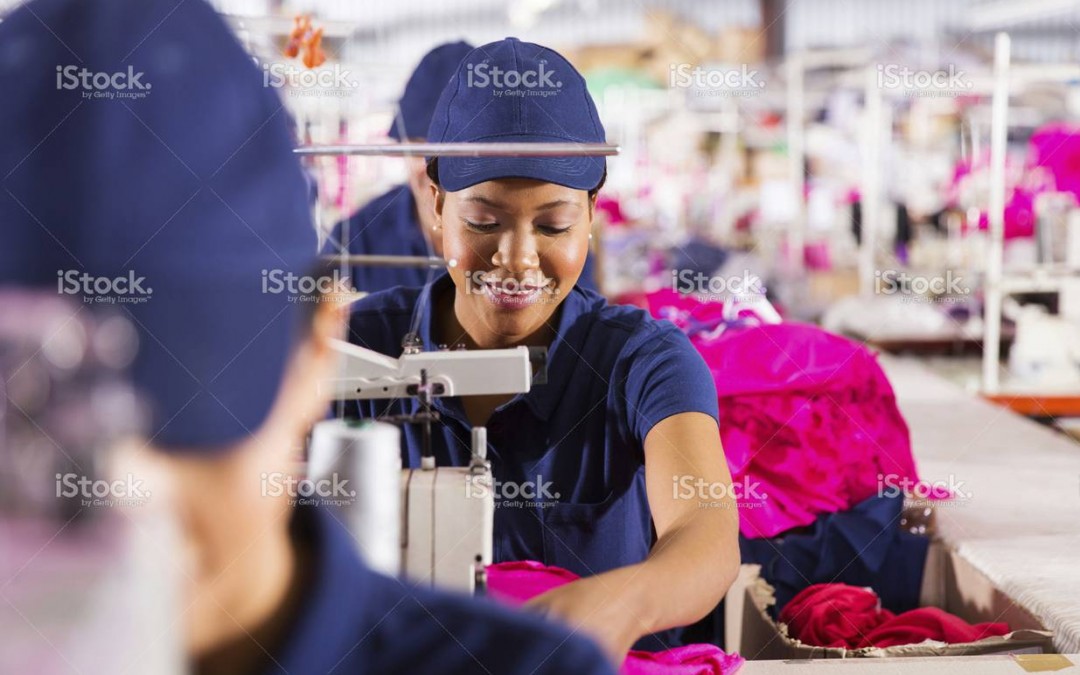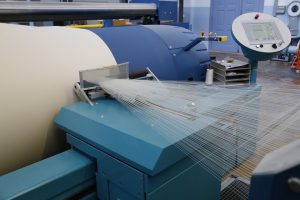Vietnam is widely considered as the single largest beneficiary of the TPP in the textile and apparel sector if it were to be ratified by the signatory countries. There is some uncertainty surrounding this and also some concerns about Vietnam’s ability to meet TPP’s strict “yarn forward” rules of origin. So let us look at both the issues.
In the current times of elections, the principles of international trade are under attack. Combine this with slow growth and populism in the developed world, and we have the recipe for the outbreak of protectionism. What is alarming, and Brexit was a perfect example, is how the populist forces are closer to winning elections.
There are no specific solutions being offered. The current debate is driven by racist and populist impulses and not by a desire to resolve differences. There is no attempt to define the vision of how the participating countries can prosper side by side. But that will change after the elections because trade is the engine for economic and social progress and the participating countries know that.
On the second issue of “yarn forward” rules, new investment is pouring into Vietnam. Capabilities on yarn and processing will increase manifold in the next few years. “China plus many” is a common sourcing strategy among sourcing executives and Vietnam is an important part of the “many” right now. But TPP can make Vietnam significantly more competitive, not only from the cost but also from the capability and capacity point of view.
That the ratification of TPP would be a long, not to mention a circuitous process, was always clear. However, the “them” versus “us” rhetoric will subside soon and free trade may no longer remain so unfashionable. I for one remain optimistic.



